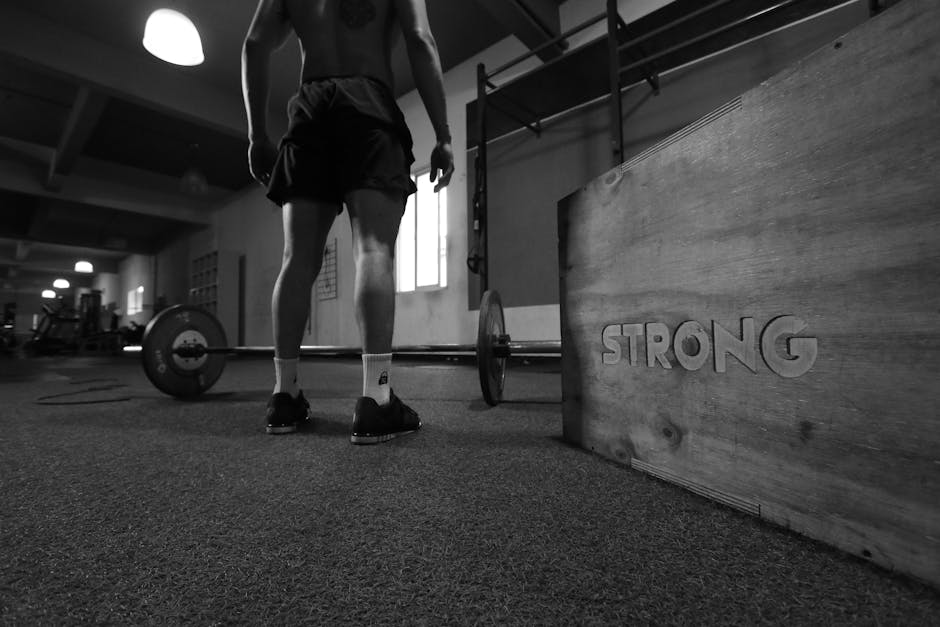How Does Practicing Kindness Boost Happiness?
Practicing kindness is like planting seeds of joy—not just for others but for yourself too. Research shows that acts of kindness can significantly enhance your happiness, creating a ripple effect of positivity in your life and the lives of those around you. But how does this magical connection work, and why should you care? Stick around to uncover the science, benefits, and practical ways to make kindness a daily habit.
Key Takeaways
- Kindness and happiness are deeply intertwined, with kindness acting as a catalyst for emotional well-being.
- Scientific studies reveal that kindness triggers the release of feel-good chemicals in the brain.
- Small acts of kindness can create a ripple effect, spreading positivity far and wide.
- Self-kindness is just as important as being kind to others for long-term happiness.
Introduction to Kindness and Happiness
Definition of Kindness and Its Role in Human Interactions
Kindness is the simple act of being considerate, compassionate, and generous toward others. It’s holding the door open for a stranger, offering a listening ear, or even just sharing a smile.
In human interactions, kindness acts as a glue that binds us together. It fosters trust, strengthens relationships, and creates a sense of belonging.
Overview of the Connection Between Kindness and Happiness
When you’re kind, something magical happens. Your brain releases chemicals like dopamine and oxytocin, which make you feel good. This is why kindness is often described as a “win-win” situation—it benefits both the giver and the receiver.
Importance of Understanding This Relationship
Understanding how kindness impacts happiness can inspire you to make it a regular part of your life. Imagine a world where small acts of kindness are as common as saying “hello.” Wouldn’t that be a happier place for everyone?

The Science Behind Kindness and Happiness
Release of Endorphins and Improved Mood
Explanation of the “Helper’s High” Phenomenon
Ever felt a rush of joy after helping someone? That’s the “helper’s high.” When you perform an act of kindness, your brain releases endorphins—natural painkillers that boost your mood.
Impact on Overall Sense of Well-Being
This chemical reaction doesn’t just make you happy in the moment. Over time, consistent acts of kindness can improve your overall sense of well-being, making you more optimistic and resilient.
Reduction of Stress and Anxiety
How Acts of Kindness Lower Cortisol Levels
Kindness also works wonders for your stress levels. Studies show that helping others can lower cortisol, the hormone responsible for stress.
Connection to Better Mental Health Outcomes
Lower stress means better mental health. By practicing kindness, you’re not just brightening someone else’s day—you’re also protecting your own mental well-being.

For more on how mindfulness can complement kindness, check out this guide on achieving happiness through mindful actions (source).
Social Benefits of Practicing Kindness
Strengthening Social Connections
Building Trust and Fostering Relationships
Kindness is the foundation of trust. When you’re kind, people are more likely to trust you, which strengthens your relationships.
Enhancing Feelings of Community and Belonging
Kindness also creates a sense of community. Whether it’s volunteering at a local shelter or simply helping a neighbor, these acts make you feel like you’re part of something bigger.
Creating a Ripple Effect of Positivity
Encouraging Others to Act Kindly in Return
Kindness is contagious. When you’re kind, you inspire others to pay it forward, creating a chain reaction of goodwill.
Promoting a Culture of Kindness
Over time, these small acts can lead to a culture of kindness, where compassion becomes the norm rather than the exception.

Personal Fulfillment Through Kindness
Sense of Purpose and Meaning
How Helping Others Contributes to Self-Worth
Helping others gives you a sense of purpose. It reminds you that your actions matter and that you can make a difference.
Long-Term Effects on Personal Satisfaction
This sense of purpose doesn’t fade quickly. It stays with you, contributing to long-term happiness and personal fulfillment.
Volunteering and Contributing to Good Causes
Benefits of Engaging in Community Service
Volunteering is one of the most rewarding ways to practice kindness. It allows you to connect with like-minded individuals while making a positive impact.
Strengthening Ties with Like-Minded Individuals
These connections can lead to lifelong friendships and a deeper sense of belonging.

For more on how gratitude and kindness intersect, explore this article on the role of gratitude in happiness (source).
The Role of Self-Kindness in Boosting Happiness
Importance of Self-Compassion
Reducing Self-Criticism and Fostering Resilience
Being kind to yourself is just as important as being kind to others. Self-compassion helps you bounce back from setbacks and reduces self-criticism.
Building a Positive Self-Image
When you treat yourself with kindness, you build a healthier self-image, which is crucial for long-term happiness.
Practical Ways to Practice Self-Kindness
Setting Boundaries and Prioritizing Self-Care
Self-kindness can be as simple as saying “no” when you’re overwhelmed or taking time to recharge.
Celebrating Personal Achievements
Don’t forget to celebrate your wins, no matter how small. A little self-appreciation goes a long way.
Small Acts of Kindness and Their Impact
Significance of Minor Gestures
Examples of Small, Everyday Acts of Kindness
Small acts like holding the door open, complimenting a colleague, or sending a thoughtful text can make a big difference.
How These Acts Affect Both the Giver and Receiver
These minor gestures create a moment of connection, leaving both parties feeling happier and more valued.
Cumulative Effects of Consistent Kindness
Building a Habit of Kindness Over Time
Kindness is like a muscle—the more you use it, the stronger it gets.
Long-Term Impact on Happiness Levels
Over time, these small acts add up, significantly boosting your happiness and the happiness of those around you.

For more on building positive habits, read this article on why kindness matters (source).
Conclusion
Recap of the Connection Between Kindness and Happiness
Kindness and happiness go hand in hand. Whether it’s through boosting your mood, reducing stress, or strengthening social bonds, kindness has a profound impact on your well-being.
Encouragement to Incorporate Kindness into Daily Life
So why not make kindness a daily habit? Start small, and watch how it transforms your life and the lives of those around you.
Final Thoughts on the Transformative Power of Kindness
Kindness is more than just a feel-good act—it’s a powerful tool for creating a happier, healthier world. And the best part? It’s free and available to everyone.
So go ahead, spread a little kindness today. You might just find that happiness follows close behind.
FAQ: How Practicing Kindness Can Boost Your Happiness – Discover the Joy of Giving!
What is the connection between kindness and happiness?
Kindness triggers the release of feel-good chemicals like serotonin and endorphins in the brain, creating a sense of well-being. It also fosters social connections, which are key contributors to long-term happiness.
Does kindness benefit the giver as much as the receiver?
Yes, studies show that performing acts of kindness boosts the giver’s mood and reduces stress. It creates a positive feedback loop where both the giver and receiver experience emotional benefits.
Can practicing kindness improve mental health?
Absolutely. Acts of kindness can reduce anxiety, depression, and feelings of isolation. They promote a sense of purpose and belonging, which are crucial for mental well-being.
How does kindness affect physical health?
Kindness can lower blood pressure, reduce inflammation, and improve heart health. The release of oxytocin during kind acts contributes to these physical health benefits.
What are some simple ways to practice kindness daily?
Small gestures like smiling at someone, offering a compliment, or helping a colleague can make a big difference. Volunteering or donating to causes you care about are also impactful ways to practice kindness.
Is kindness contagious?
Yes, kindness is highly contagious. Witnessing acts of kindness inspires others to act kindly, creating a ripple effect that spreads positivity and happiness in communities.
Can practicing kindness make you more resilient?
Yes, kindness fosters stronger relationships and a sense of community, which can provide emotional support during challenging times. It also helps build a positive mindset, enhancing resilience.
How does kindness impact relationships?
Kindness strengthens relationships by fostering trust, empathy, and mutual respect. It creates a foundation for deeper connections and more fulfilling interactions with others.
Are there scientific studies supporting the link between kindness and happiness?
Yes, numerous studies in psychology and neuroscience confirm that acts of kindness increase happiness and life satisfaction. Research also shows that kind people tend to live longer and healthier lives.
Can practicing kindness help in professional settings?
Definitely. Kindness in the workplace boosts morale, improves teamwork, and fosters a positive work environment. It can also enhance leadership skills and build stronger professional networks.



